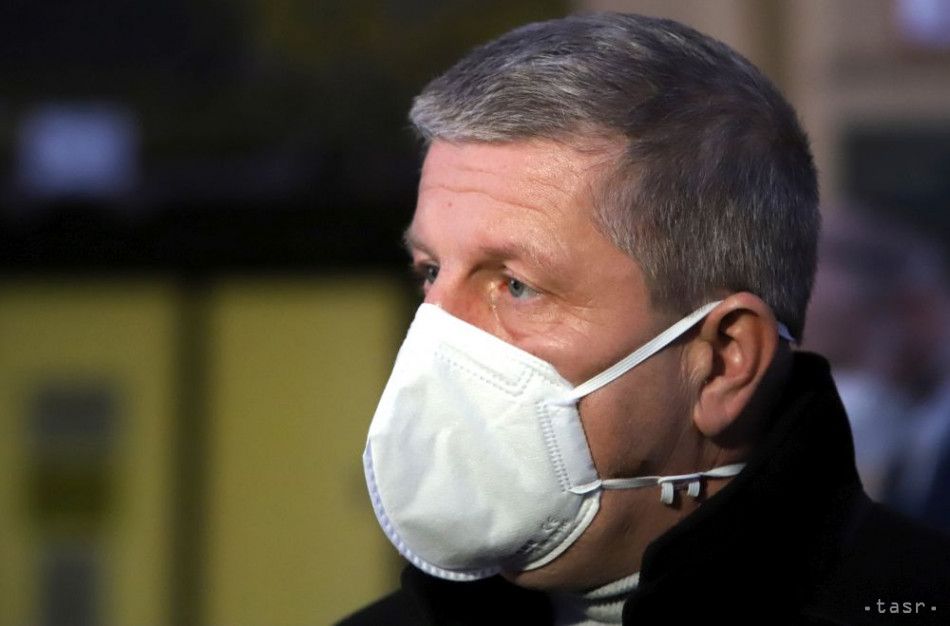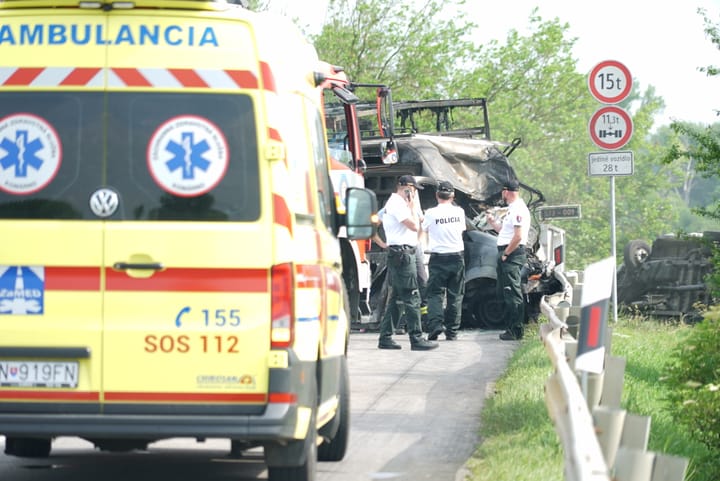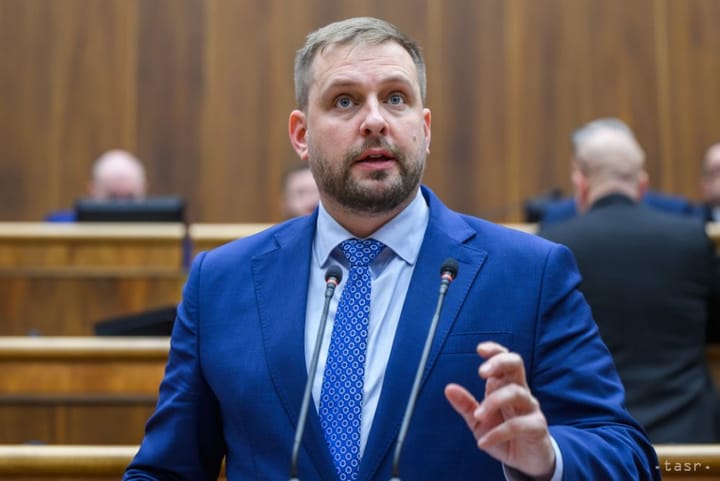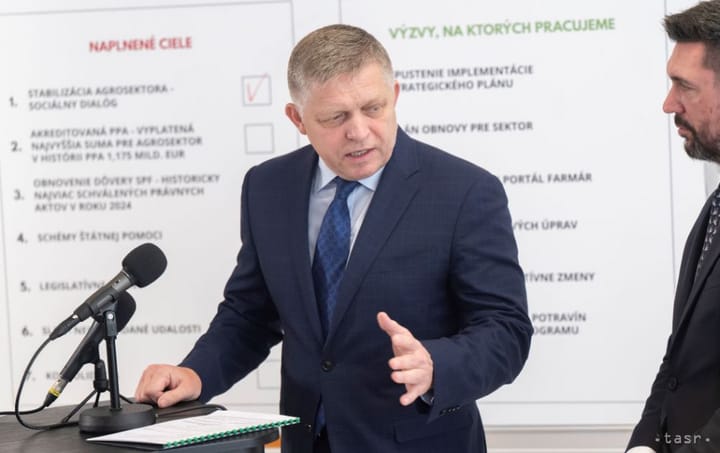Lengvarsky: We'll Prepare Proposal that Will Guarantee Demands in Memorandum

Banska Bystrica, December 3 (TASR) – The Health Ministry will prepare a legislative proposal that will meet the requirements of the signatories to the Memorandum for Better Health Care, Health Minister Vladimir Lengvarsky (an OLaNO nominee) said on Friday following talks with leaders of Banska Bystrica self-governing region (BBSK) and representatives of the professional medical community.
“The demands are legitimate. We’ve agreed to prepare a legislative proposal that will guarantee what the memorandum requires. We’ve agreed to virtually all the points in the memorandum,” said Lengvarsky. The legislative proposal should be prepared in the next few days and discussed with signatories of the memorandum again next week.
“The proposal should aim to ensure that the health-care reform doesn’t affect and reduce access to health care in Slovakia. It will guarantee that, when changes take place in hospitals … the outpatient sector will be alive and able to treat patients,” said BBSK vice-chair Ondrej Lunter.
Head of the Medical Trade Union (LOZ) Peter Visolajsky noted that Friday’s meeting with the Health Ministry concerned only the outpatient sector. “We have strong reservations towards the reform, including [regarding] hospitals. So far, there has been no statement issued on these reservations,” added Visolajsky.
The Memorandum for Better Health Care was signed by top representatives of Kosice, Presov and Banska Bystrica regions, LOZ chairman Peter Visolajsky, the mayors of the towns of Brezno, Jelsava, Revuca, Zvolen (all Banska Bystrica region) and representatives of doctors. Together they are calling for a pause and for the hospital reform proposal to be completed.
The memorandum requires a guarantee that the optimisation of the hospital network will take place at the same time as the revitalisation of the outpatient sector. The signatories call for a set of draft decrees and simplification of laws in the field of education, administrative burdens and price lists. They also agree on the need for a plan for implementing organised supply, training doctors from third countries, supporting medical faculties and creating a motivational system.



